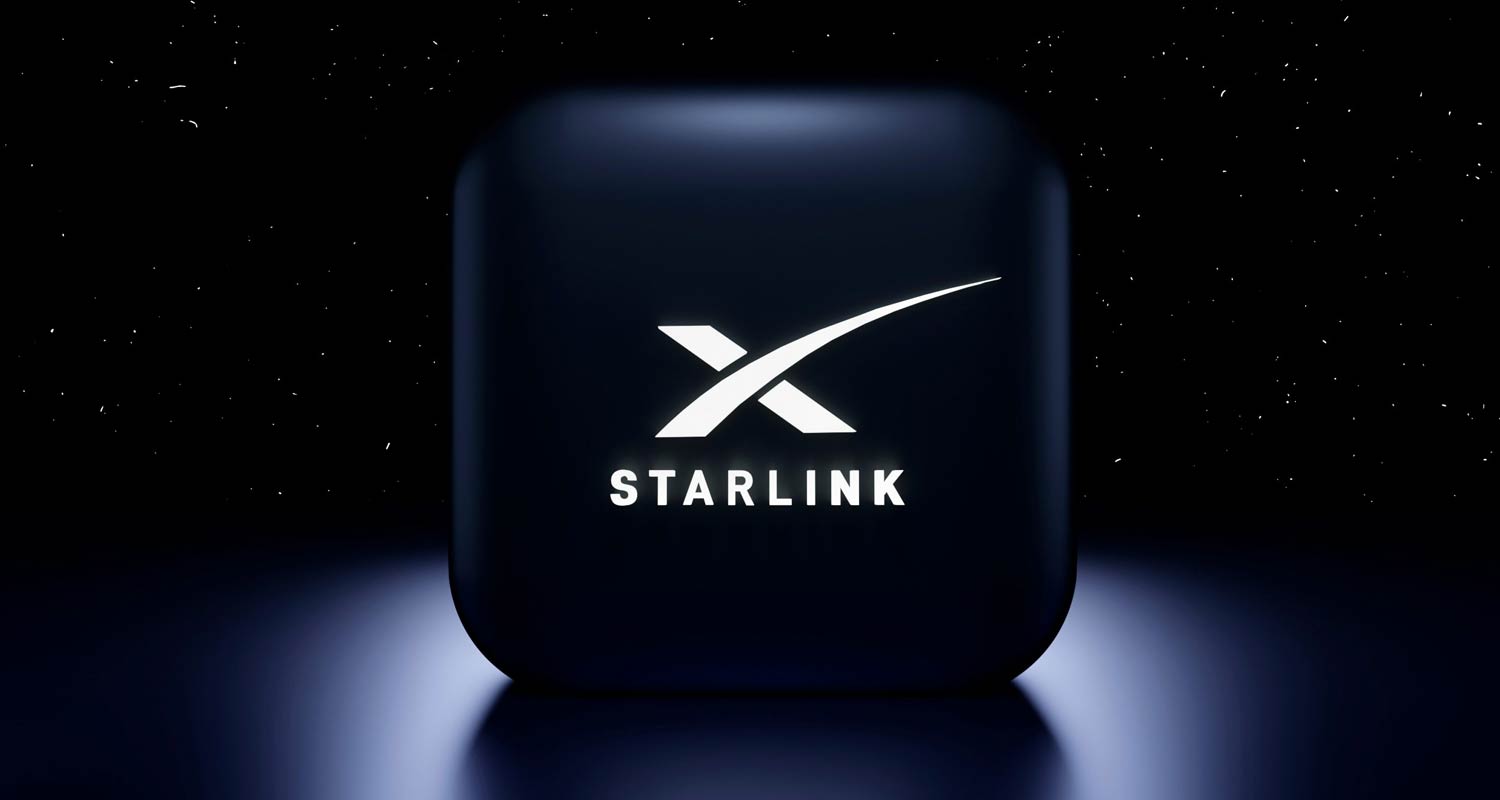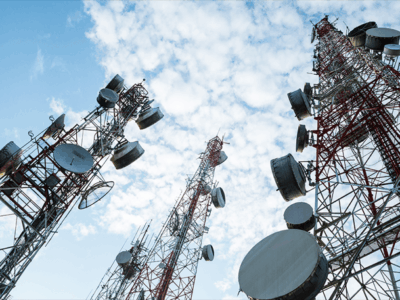
 South Africa’s mobile network operators, through their lobby group ACT, have told Icasa that there needs to be fairness in the licensing regime – just as Elon Musk’s Starlink is lobbying hard for a change to the rules.
South Africa’s mobile network operators, through their lobby group ACT, have told Icasa that there needs to be fairness in the licensing regime – just as Elon Musk’s Starlink is lobbying hard for a change to the rules.
ACT, or the Association for Communications and Technology, said a decision to focus on updating satellite licensing regulations is flawed given that the process needs a “holistic” overhaul. ACT represents Vodacom, MTN, Cell C, Telkom, Liquid Intelligent Technologies and Rain.
Speaking on behalf of the lobby group at oral hearings into the proposed new licensing framework for satellite services in Pretoria on Wednesday, ACT head of industry research Phila Sithole said all licensees – and not only those in the satellite industry – would benefit from an improved licensing regime.
ACT awaits a revised, ‘technology neutral’ framework for the entire sector that implements changes in a holistic manner
“The premise of this inquiry may be flawed,” Sithole said. “ACT awaits a revised, ‘technology neutral’ framework for the entire sector that implements changes in a holistic manner and not just to advantage some.”
ACT, in an earlier written submission to Icasa, argued that the Electronic Communications Act already makes provision for licensing satellite networks. It was not clear why Icasa felt there needed to be a review.
It also argued that of the three types of licences the new framework proposed, two were already “clearly defined” in the act, with the third – a “space segment” registration regime – serving “no purpose”.
One of the threats posed by low-Earth-orbit satellite broadband internet providers such as SpaceX’s Starlink and Amazon’s Project Kuiper is that future developments in satellite-to-mobile capabilities could place satellite companies in direct competition with terrestrial mobile operators.
‘Comprehensive review’
It is submission, ACT said mobile network operators have been subjected to onerous obligations, especially regarding connectivity levels in underserved communities. It asked Icasa to conduct a “comprehensive review” of spectrum licence obligations that would place similar obligations on all licensees via a “technology neutral” framework.
Communications minister Solly Malatsi last October called on Icasa to lower the regulatory hurdles that inhibit investment in South Africa’s ICT sector – and specifically stated he’d like to see equity equivalence programmes for companies that can’t sell equity in their South African operations. Malatsi urged Icasa to align its policies with the equity equivalence provided for in the BEE codes of good practice used in other industries.
Read: Musk and Ramaphosa talk by phone on South Africa ‘distortions’
On equity equivalence, Sithole said Icasa must explain why it might consider this for an industry subsector (satellite services) and not the telecoms industry as a whole, again emphasising ACT’s contention that a technology-neutral “level playing field” is the most desired outcome.
 Starlink parent SpaceX, in its own written submission to Icasa, argued for an overhaul of the licensing rules to remove equity as a requirement, arguing that this discourages much-needed foreign direct investment.
Starlink parent SpaceX, in its own written submission to Icasa, argued for an overhaul of the licensing rules to remove equity as a requirement, arguing that this discourages much-needed foreign direct investment.
“By aligning the licensing and ownership regulations with the ICT sector code – which recognises equity equivalence programmes as an alternative to local shareholding – Icasa could remove a significant barrier to foreign satellite operators. This would not only increase foreign investment in South Africa but would also create broader industry benefits, supporting innovation, competition and long-term growth,” Starlink said in its submission.
Starlink was scheduled to present to Icasa at Wednesday’s hearings but its representatives did not arrive at their allotted speaking time. It is not clear whether they still intend delivering an oral presentation. – © 2025 NewsCentral Media
Get breaking news from TechCentral on WhatsApp. Sign up here.











Comments